In recent years, Europe’s defense policies have undergone significant shifts. U.S. President Donald Trump’s criticism of NATO and his pressure on European countries to increase defense spending are reshaping the continent’s security strategies. Europe is now taking more serious steps to strengthen its military capabilities without relying solely on Washington’s will.
Trump demanded that NATO members raise their defense spending to 5% of their gross domestic product (GDP). While this call sparked mixed reactions across the continent, some countries significantly increased their military expenditures. Poland, for example, allocated 4.12% of its GDP to defense, placing it at the top among NATO members. French President Emmanuel Macron emphasized that Europe should raise its defense spending within NATO to between 3% and 3.5% of GDP, while Germany, under its new Chancellor Friedrich Merz, is seeking to strengthen its independent military capacity. Particularly, Germany’s potential move to establish its own nuclear deterrence has resonated across Europe.
The EU is also responding to this transformation. European Commission President Ursula von der Leyen proposed a 150 billion euro ($162 billion) defense fund to boost the EU’s military capacity, with the goal of enhancing the continent’s security by acquiring European-produced weaponry.
One of the most notable elements of this shift is Sweden’s efforts to bolster its independent defense and space capabilities. As NATO’s newest member, Sweden plans to increase its defense spending to 2.6% of GDP while also taking a more active role in the space sector. The Kiruna rocket base and the launch of Sweden’s first military communications satellite are symbols of Europe’s growing investment in the space industry. Sweden has openly stated that Europe must strengthen its defense ties within NATO, even without relying on the United States.
Meanwhile, countries like Portugal have begun to question their military dependence on the U.S. Trump’s unpredictable approach to NATO has led Portugal to reconsider its planned purchase of F-35 fighter jets. Similarly, Germany has expressed concern over the F-35s potentially having a “kill switch” system, which would allow the U.S. to remotely disable the aircraft. These developments underscore Europe’s growing push for a more autonomous defense industry, built on its own production capabilities.
However, recent developments within the EU have further complicated Europe’s evolving security strategy. The $162 billion defense fund is strictly reserved for defense companies based in EU member states. Countries such as Türkiye, the U.K. and the U.S. are excluded from accessing these funds. This decision stems largely from efforts by certain EU states to ensure that the financial resources remain within the bloc and to reinforce Europe’s strategic autonomy.
Nevertheless, European nations cannot fully disregard defense cooperation with external actors like Türkiye. Ankara’s ability to deliver cost-effective, combat-proven solutions, particularly in unmanned systems and air defense technologies, continues to meet urgent needs that European manufacturers struggle to fulfill rapidly.
In the long run, Türkiye’s growing technological capacity and operational experience will further cement its role as a key actor in Europe’s defense architecture. Despite funding restrictions, Türkiye’s defense products will remain an indispensable operational asset for European militaries in the short and medium term.
So, how does Türkiye view these developments?
Türkiye, as a NATO member, is closely monitoring the global shifts in the defense sector. Europe’s increasing defense spending and pursuit of independent military capacity present both opportunities and challenges for Ankara in this evolving strategic landscape. Türkiye’s defense industry has made significant progress in recent years, attracting strong interest from European countries. Its achievements, particularly in unmanned aerial vehicles (UAVs) and air defense systems, have not gone unnoticed in Europe. Today, Türkiye is not just a nation strengthening its own defense but is also increasingly becoming a partner with which European countries are eager to collaborate.
Recent statements by European leaders clearly indicate this trend. Germany’s Merz has emphasized Türkiye’s importance as a key ally in regional security. France’s Macron has praised the impressive growth of Türkiye’s defense industry. Additionally, U.K. Defense Secretary Grant Shapps has expressed a desire to deepen defense cooperation with Türkiye.
A new development has also emerged following the latest meeting between President Recep Tayyip Erdoğan and U.S. President Donald Trump. According to statements, “President Erdoğan conveyed Türkiye’s expectation that the U.S. would take steps aligned with Türkiye’s interests in counterterrorism efforts. He also stressed the need to lift CAATSA (Countering America’s Adversaries Through Sanctions Act) sanctions, finalize the F-16 procurement process, and reinstate Türkiye into the F-35 program to advance defense cooperation between the two nations.”
Moreover, sources from Türkiye’s Ministry of National Defense announced that British authorities have submitted a formal offer for the procurement of Eurofighter Typhoon fighter jets. Türkiye plans to acquire 40 Eurofighter Typhoon Tranche 4 jets in a 20+20 configuration. All of these aircraft, which represent the most modern Typhoon configuration for air-to-air combat, will be newly produced.
Europe is in search of new security strategies, and Türkiye stands at the heart of this process with its growing defense industry. The latest offer regarding the Eurofighter Typhoon and the renewed momentum in F-35 negotiations with the U.S. suggest that Türkiye will adopt a more selective and strategic approach in its defense procurement decisions during this period. Ankara is embracing a multidimensional strategy, balancing its ties with Western allies while adjusting its defense posture to national interests.
In an era marked by shifting alliances, rising great-power competition and the erosion of old security assumptions, Türkiye is positioning itself as more than just a NATO member. With its rapidly growing defense industry, versatile diplomacy and ability to engage both Western and non-Western actors, Ankara is becoming a decisive factor in Europe’s future security paradigm. Whether acting as a stabilizing force or a potential “kill switch” in the fragile balance between the U.S. and Europe, Türkiye’s choices will echo across borders. As the continent moves toward a new security order, Türkiye holds a unique leverage point – one that could shape not only regional dynamics but also the strategic trajectory of the West as a whole.

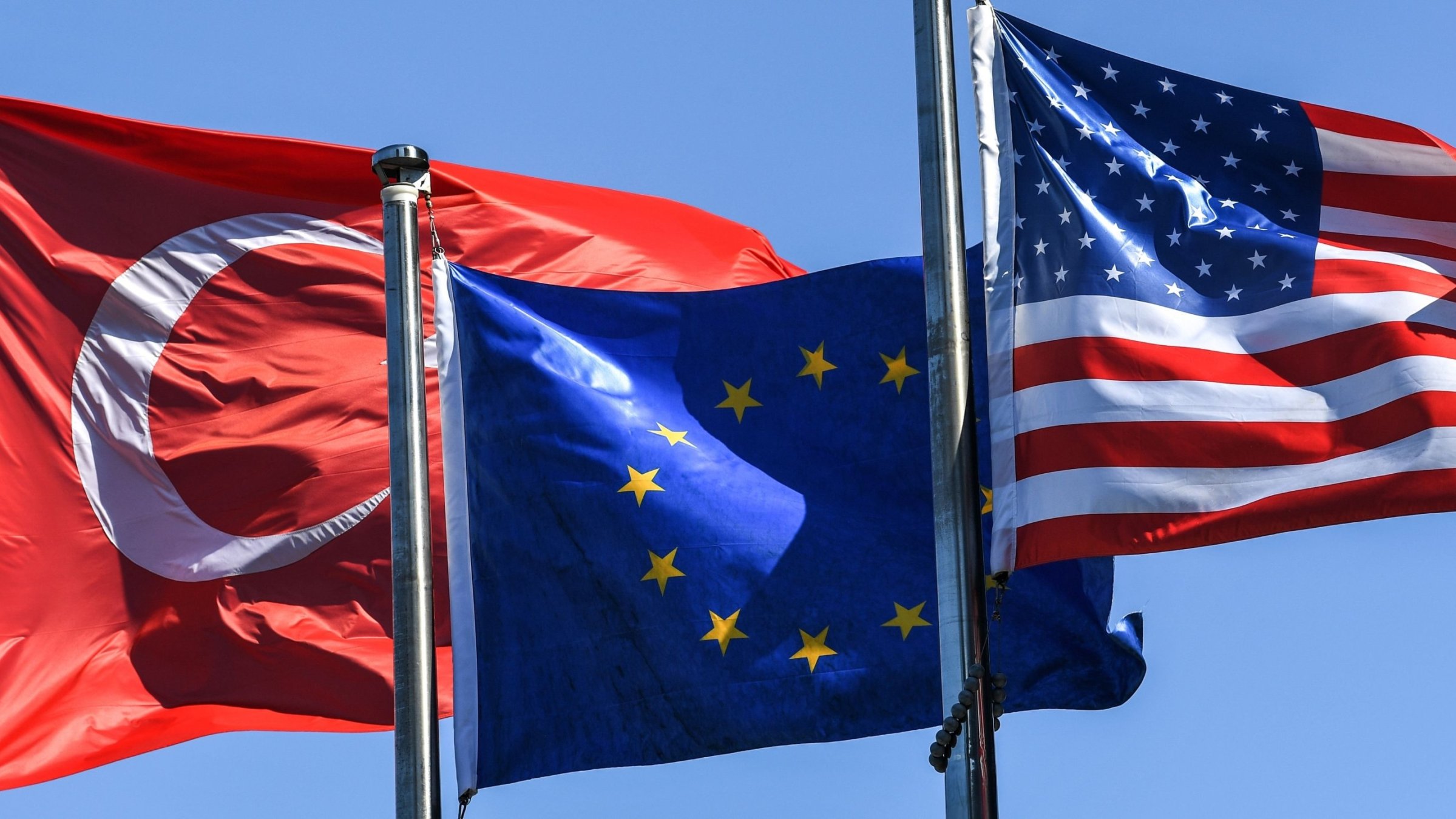



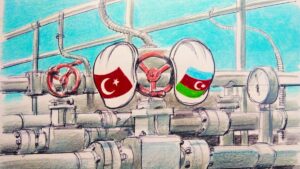





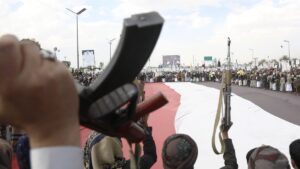






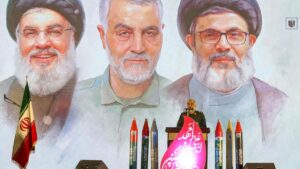


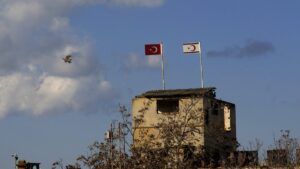




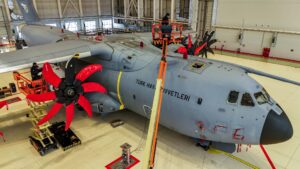
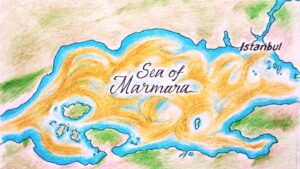
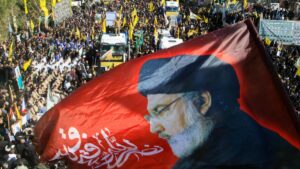






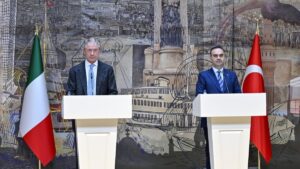






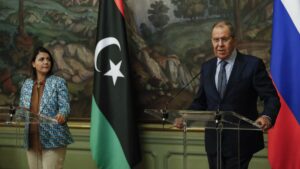



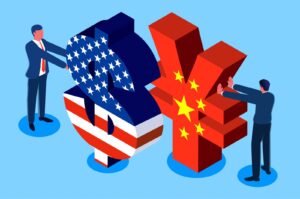

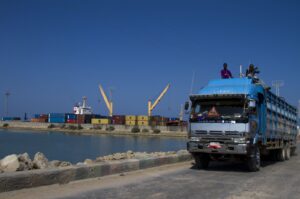



Be First to Comment